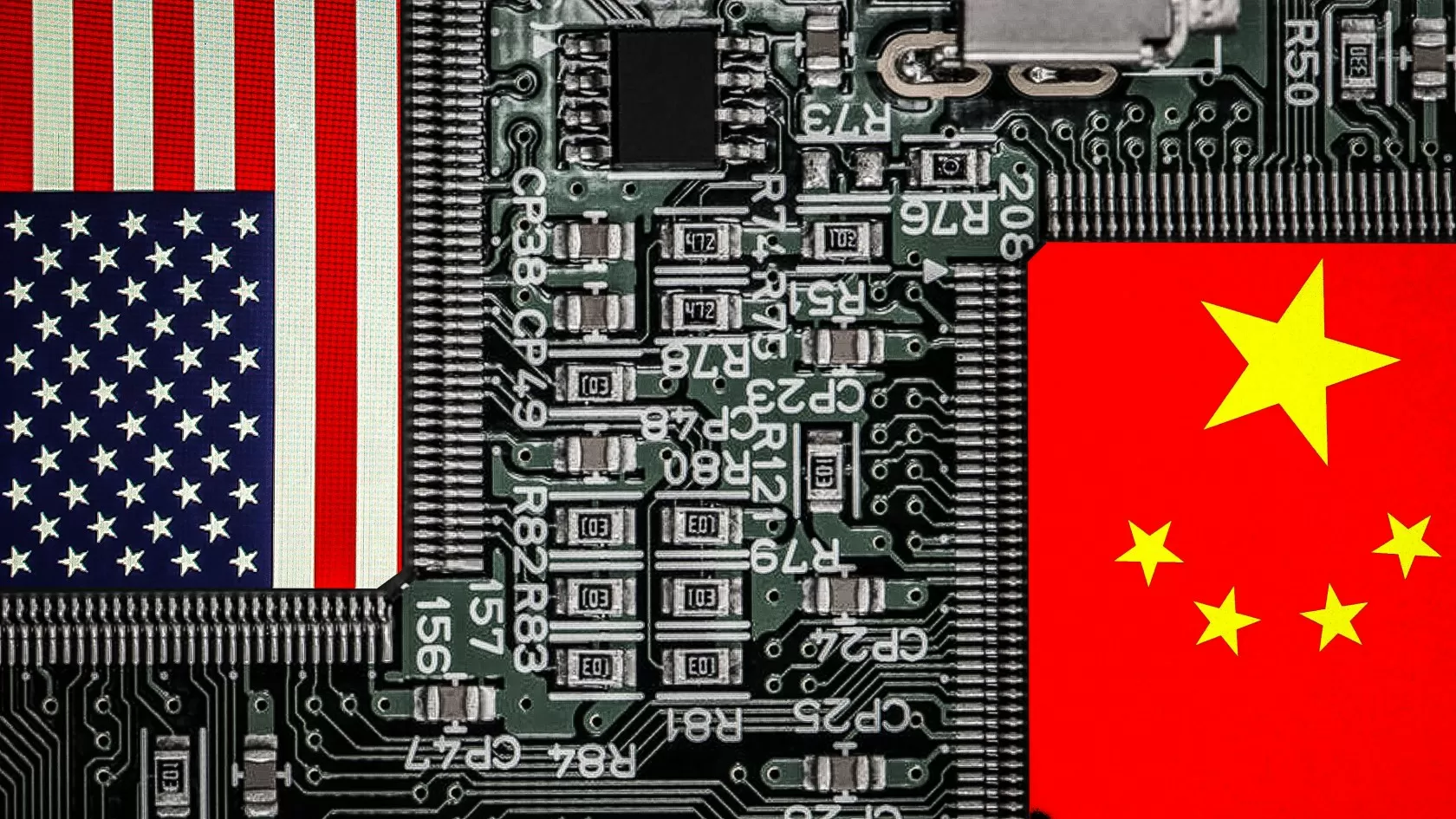
The Clean Network Initiative Endangers Cybersecurity
The essence of the U.S. government's Clean Network initiative is to implement network surveillance in the name of network security. Chinese internet companies have always strictly abided by local laws and regulations when conducting business globally and paid attention to the concerns of governments and users on the subject of cybersecurity, which has gained wide recognition from the international community. Chinese internet companies support a more secure development model, which is conducive to the independence of countries in the field of cybersecurity. By contrast, U.S. internet companies are often complicit in large-scale, global surveillance by U.S. intelligence agencies, seriously endangering the national security of all countries.
The U.S. government has built up a powerful network of surveillance agencies with intelligence agencies like the National Security Agency at its core. As the “PRISM-gate” incident revealed, these agencies use various cracking methods to continuously monitor data in global cyberspace. Not long ago, revelations that U.S. intelligence agencies were controlling Swiss encryption companies to gain access to encrypted information in other countries led to a unanimous international outcry. Recently, the media have also revealed that countries such as the “Five Eyes Alliance” require companies to put back doors in encrypted applications. This showed that the U.S. is the real Matrix. The Clean Network plan is to continue to control global cyberspace and to prevent Chinese enterprises from obstructing U.S. global surveillance and thus facilitate U.S. intelligence agencies continuing to steal online information and endanger the cyber security of other countries.
The Clean Network initiative poses a hidden danger to the stability of global cyberspace and endangers the development of the global digital economy, which will be simply impossible to achieve. Whether or not to use China’s network products and equipment is a matter of internet sovereignty for each country. Each government has the right to make its own decisions and has the ability to assess whether the network products it uses are safe and reliable.
In order to maintain global data security, promote the development and cooperation of the digital economy and build a community with a shared future in cyberspace, the Chinese government has launched the Global Data Security Initiative, which has put forward a series of proposals and measures to maintain global network and data security. For example, the plan explicitly opposes the use of information technology to damage the critical infrastructure of other countries or steal important data, as well as the use of information technology to engage in acts that endanger the national security and public interests of other countries. It also opposes the misuse of information technologies to engage in the mass surveillance of other nations and the illegal collection of the personal information of citizens of other countries. It emphasizes that countries should require companies to comply strictly with the laws of the country where they are located and should not require domestic companies to store data generated or obtained overseas. The initiative demonstrates that China is open and above board on cybersecurity issues and attaches importance to safeguarding the cybersecurity of every nation. This is in stark contrast to the hypocrisy of the U.S.' "Clean Network" plan.
The launch of the Global Data Security Initiative has attracted a great deal of attention from the international community, with many countries welcoming and supporting the proposals. From this we can see that only a proposal that truly cares about and maintains cybersecurity can win the support of the international community and that the Clean Network plan, which uses network surveillance in the name of network security, will inevitably be resisted by the international community.

